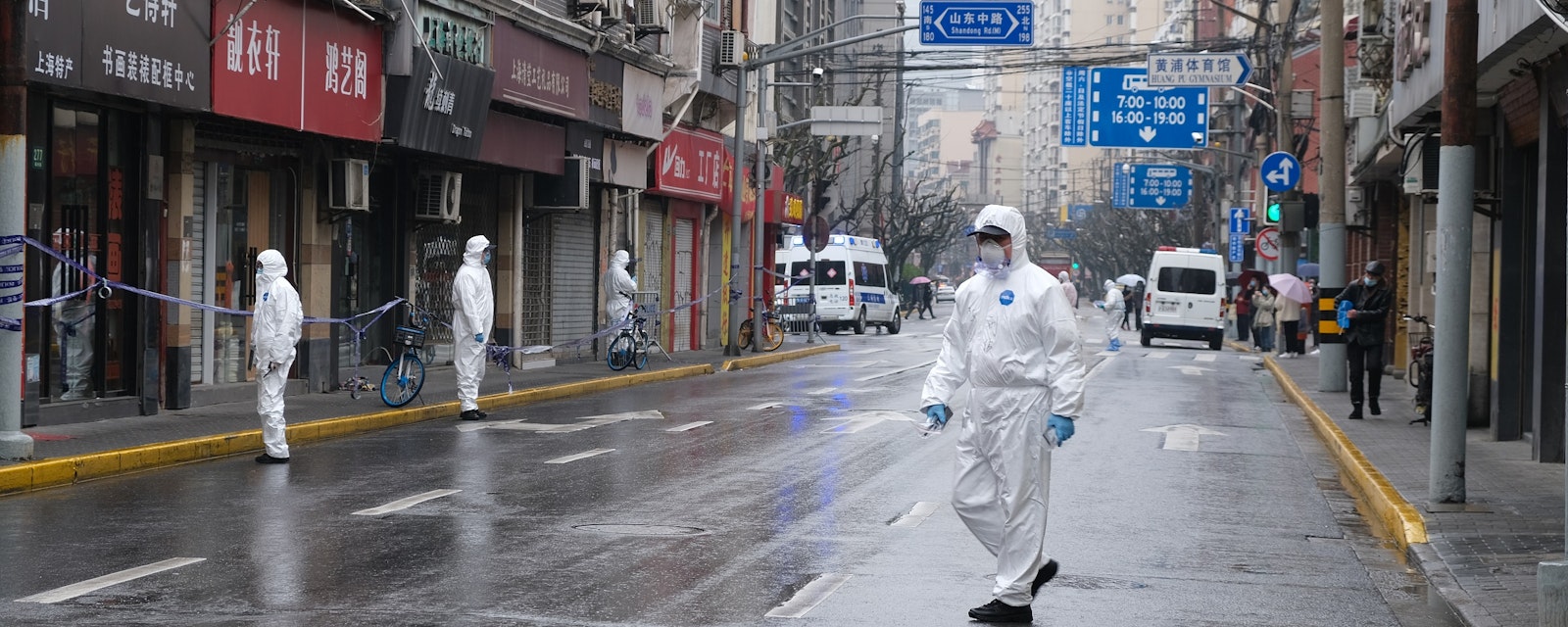The Chinese government now appears unlikely to make a decisive shift away from its zero-Covid policy before November. An editorial in the official Xinhua news service on 28 March emphasized President Xi Jinping’s personal role in directing the policy, making any shift unlikely until after the 20th Party Congress, where Xi hopes to install allies in key positions. An earlier change would risk injecting instability ahead of an event that party leaders seek to choreograph tightly.
The Politburo Standing Committee said on 17 March that preventing Covid-19 should remain the top “political task” for local officials. Since the current outbreak began in late February, more than 70 local officials have been fired for failures of epidemic control. Shanghai’s ambitious two-stage lockdown and mass testing campaign shows that China is still far away from a co-existence policy.
But there is softening at the edges. As previously noted, China’s “zero-Covid” policy has quietly shifted towards a “low-Covid” strategy. The editorial notes that the current “dynamic zero” policy (sometimes translated alternately as “dynamic clearing”) “does not seek zero infections” but rather aims to “protect the bottom line of not allowing a large-scale rebound of the epidemic.” It further emphasizes that anti-Covid measures must be precisely targeted, echoing Xi’s earlier injunction to avoid large-scale economic and social disruption.
This formulation signals that chaos, not caseloads, has become the de facto metric for defining failure or success. Above all, Beijing seeks to avoid chaotic scenes of overwhelmed hospitals like those that occurred in Hong Kong last month. A second priority is ensuring stable supplies of daily necessities for locked-down residents while avoiding the shortages and bottlenecks that plagued Xi’an’s lockdown. A third consideration is protecting the elderly. Only around half of Chinese over 80 are vaccinated, and low vaccination rates among this cohort led to unusually high death rates in Hong Kong.
Even amid lockdowns, there are accommodations for favored industries. In Shanghai, businesses have been allowed to maintain production using a “closed-loop” system modeled on the Winter Olympics in Beijing. Two semiconductor companies, Taiwan Semiconductor Manufacturing Corp (TSMC) and Semiconductor Manufacturing International Corp (SMIC), said their Shanghai factories were operating normally with the government’s blessing.
Shanghai authorities had previously rejected a citywide lockdown but shifted course after more targeted measures failed to halt the spread. So long as Shanghai’s approach remains the nationwide model, the coming months will be challenging. Despite elaborate preparations, anecdotal reports from the city suggest that some locked-down residents in Shanghai are struggling to obtain grocery deliveries. Meanwhile, early economic data for March show China’s slowdown worsening, and the 2022 GDP growth target of “around 5.5%” – which looked ambitious even before the recent outbreak – is now in significant jeopardy.





